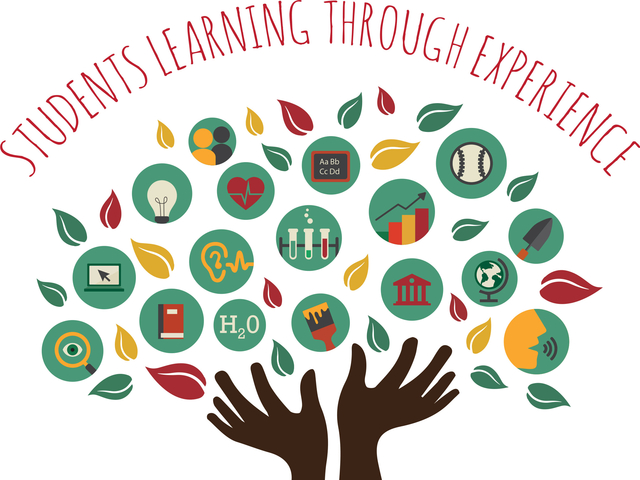Applied Learning – Bridging Academia and Industry


Overview / Context
Many students graduate with strong theoretical knowledge but limited practical experience applying it to real-world problems. To address this gap, I designed a program focused on bridging academic learning with industry-relevant experiences, helping students translate classroom concepts into tangible solutions while integrating human-centered design, ethical considerations, and professional skills.
The context was twofold: students often struggled to connect coursework with actual industry challenges, and companies frequently needed fresh perspectives and innovative solutions for technical and design problems. This program created a mutually beneficial experiential learning environment, where theory met practice and students gained hands-on experience in real-world settings.
Approach / Methods
The program incorporated multiple experiential learning components:
Project-Based Modules & Hackathon Challenges: Students worked on projects across AI, software development, and product design. They participated in hackathon-style competitions, simulating tight deadlines, team collaboration, and client-style problem-solving to mirror real-world technical events.
Simulated Industry Scenarios: Students navigated ambiguous requirements and deadlines, gaining experience in professional problem-solving.
Mentorship & Coaching: I provided ongoing one-on-one and group mentorship, guiding students in decision-making, iterative design, ethical considerations, and collaboration.
Field Exposure: Students attended virtual or in-person sessions with industry professionals to observe agile workflows, human-centered design applications, and real-world problem-solving strategies.
Peer Collaboration & Reflection: Interdisciplinary teams promoted peer-to-peer learning, while structured reflection exercises helped students consolidate lessons and improve processes.
Portfolio Development: Students compiled artifacts such as code snippets, design mockups, and project reports, reinforcing applied skills and preparing them for future opportunities.
Outcomes / Impact
Students gained hands-on experience tackling real-world problems, improving technical, teamwork, and leadership skills.
Hackathon-style projects enhanced their ability to collaborate under pressure, think creatively, and deliver solutions quickly, directly mirroring ambassador responsibilities in technical events.
Participant portfolios demonstrated applied knowledge and innovative thinking to potential employers.
Partner organizations received actionable insights and solutions, benefiting from the students’ fresh perspectives.
Feedback highlighted increased engagement, motivation, and understanding of how theoretical knowledge translates into practical, industry-ready skills.
Reflection / Lessons Learned
Experiential learning accelerates skill acquisition: Fast-paced projects like hackathons prepare students for professional environments more effectively than theory alone.
Mentorship is critical: Guidance ensures ethical, efficient, and confident decision-making.
Collaboration strengthens outcomes: Peer and interdisciplinary teamwork develops communication, leadership, and problem-solving skills.
Reflection consolidates learning: Structured reflection sessions help students internalize lessons and refine their approach.
Future iterations will expand industry partnerships, include longer-term projects, and integrate more real-world client engagement to further enhance experiential learning. This initiative demonstrates the power of applied learning to transform theoretical knowledge into practical, impactful, and ethically grounded solutions.
Made with ❤️ by Fatima.
Email: fxtima512@gmail.com Phone: 470-573-4830
Bridging technology, learning, and human-centered design.